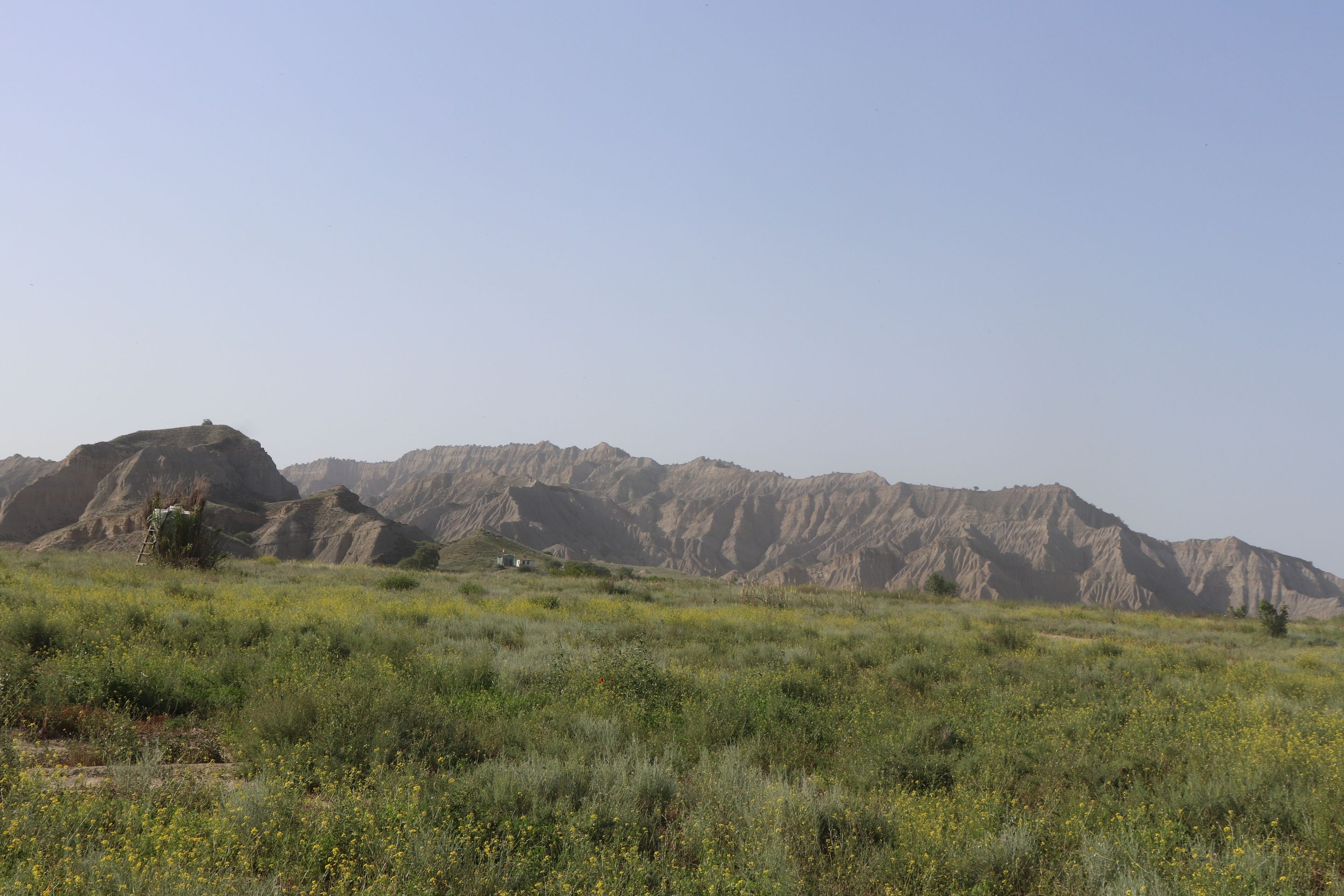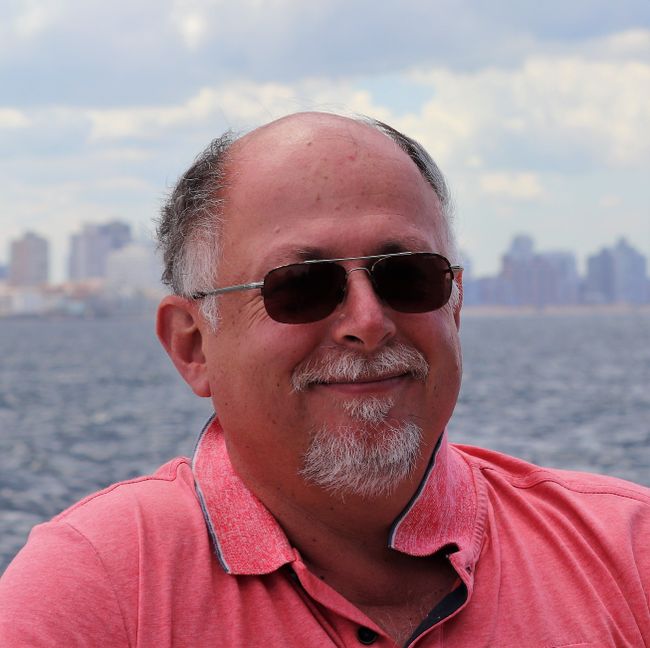Asunción - Capital city with ambivalent charm
Ebipụtara: 08.10.2018
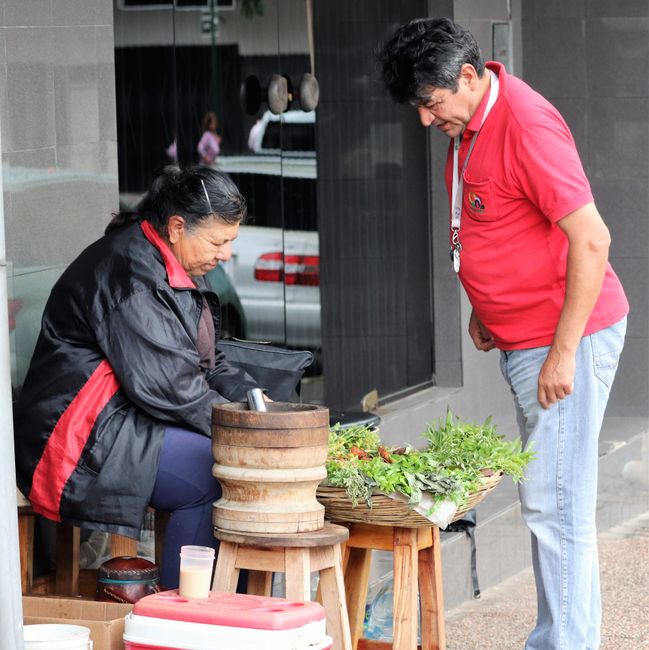
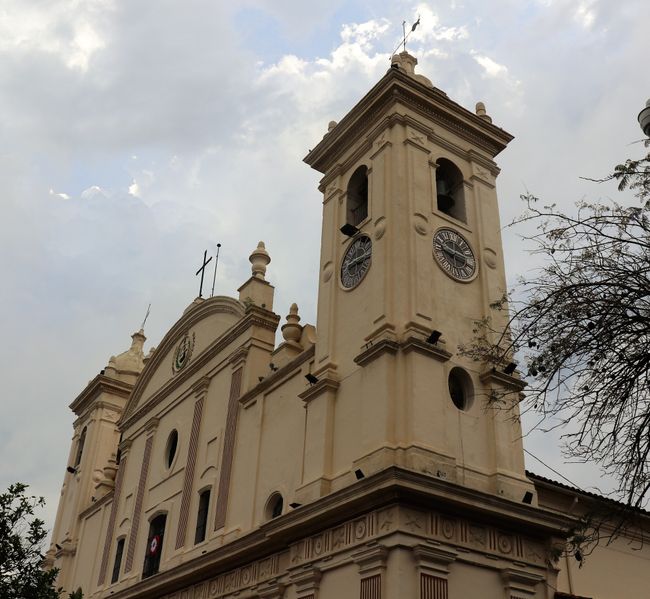
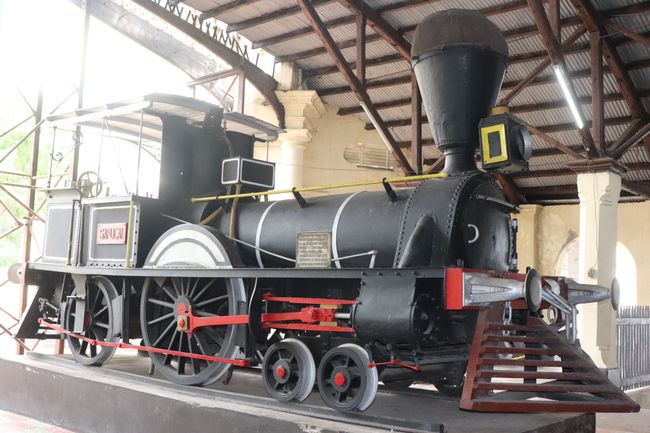
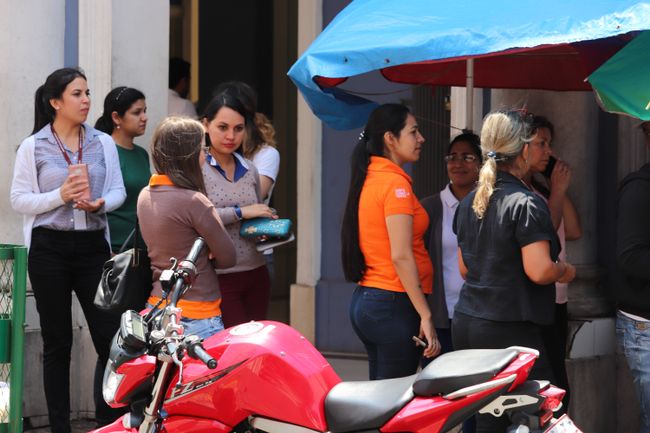
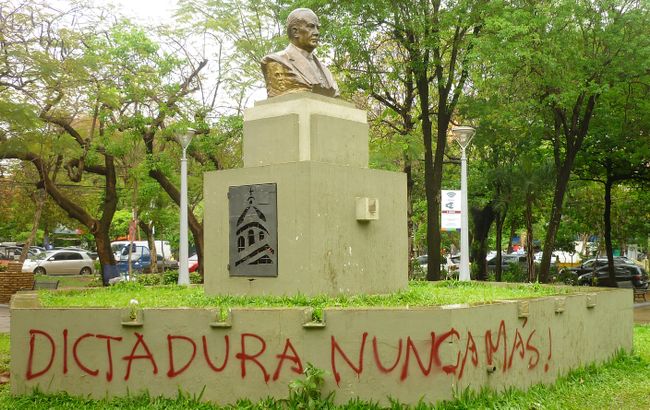
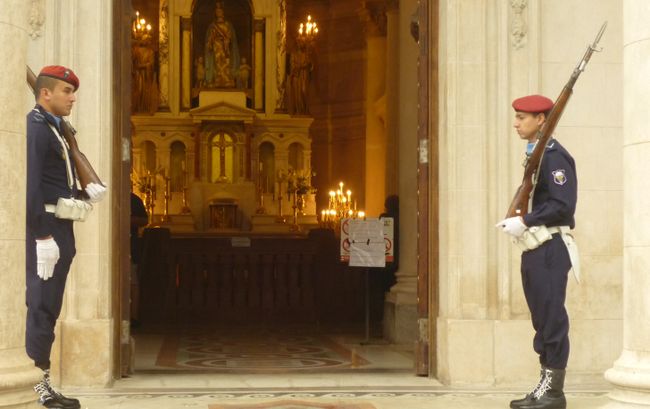
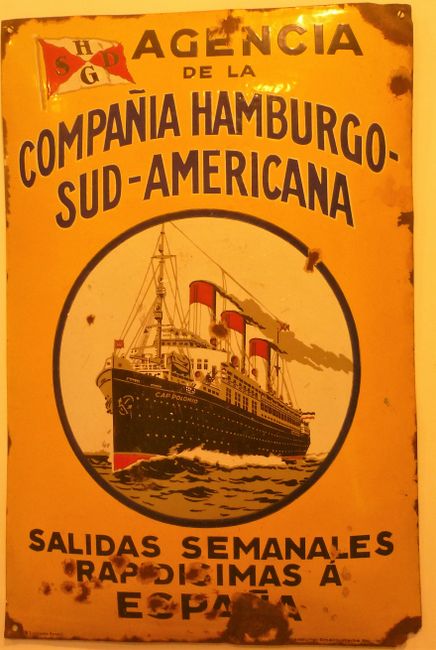
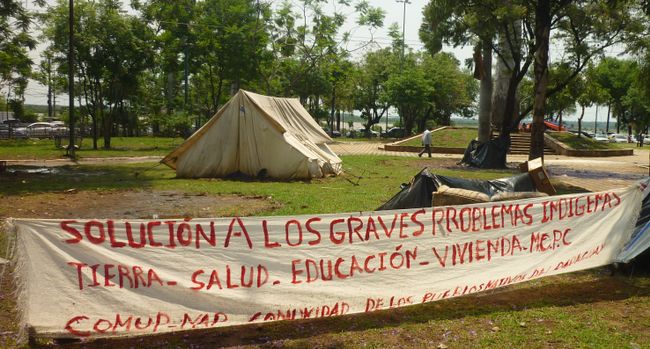
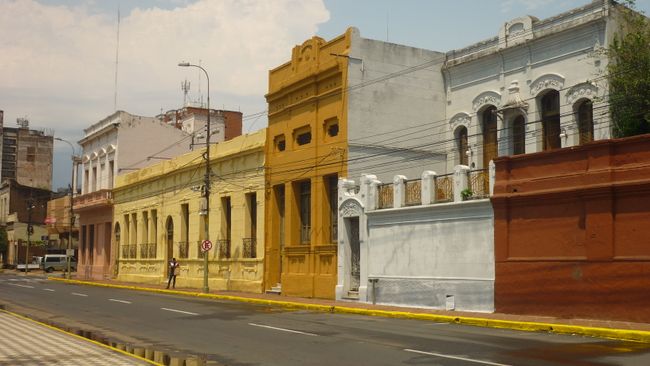
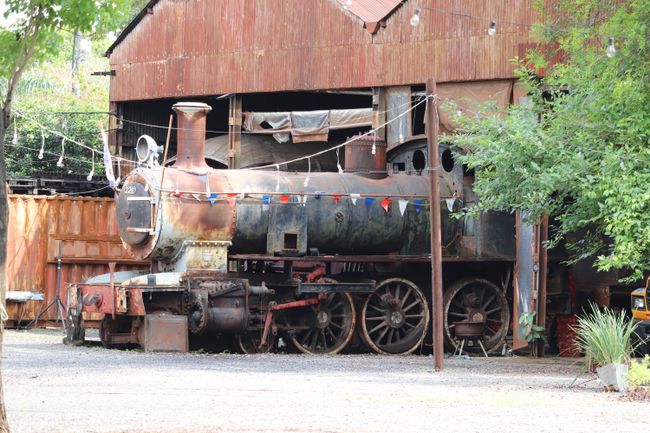
Debanye aha na akwụkwọ akụkọ
Last night there was a heavy storm with lightning and thunder, but today at 8 o'clock there is already a mix of sun and clouds and pleasant temperatures. Numerous puddles on the streets - steamy moist atmosphere. Museums and parks attract. The old train station caught my eye and was even more worth seeing than I expected based on the rather restrained descriptions in the travel guide. Everything that has been relatively lovingly preserved here reminds me of the western movies: Morse apparatuses, a real western locomotive, giant kerosene lamps, an old dining car, typewriters, photos, thick old leather books, signs - an Eldorado for fans (like me). Also outside the train station an old rusty steam locomotive and wagons that would have had room in the train station. The next museum was open contrary to my travel guide and revealed a lot about the history of the country and the many immigrants, including many Germans. Many immigrated as early as 1870 and settled in San Bernadino. In total, there were 300,000 German immigrants in the 19th and especially the 20th century. The history of the Mennonites in the years 1929 and 1930 is very moving: they were under a lot of pressure in the Soviet Union under Stalin, there were arrests, deportations to Siberia. Their economic basis was systematically destroyed. Thanks to Benjamin H. Unruh, who was a Russian-born Mennonite already in Germany and his tireless efforts for his fellow countrymen and the MCC (Mennonite Central Committee in the USA), he obtained a temporary entry permit to Germany. The decree of the Reichstag was immediately used and 6000 people were allowed to go to Paraguay in 1930, which was the only country willing to accept them. Among other places, Fernheim was founded. Family destinies with passports up to a German-language cookbook are displayed and 'La vie en rose' by Édith Piaf is playing from a gramophone - moving!
One sentence expresses the importance of this ethnic group: ... one of the pillars for the development of the country. ... ha sido uno des pilares de desarollo del pais...
Unfortunately, the indigenous population does not seem to be doing well today either, as the protest camp on Plaza de Armas suggests.
There, some families with children are camping in this partially bad weather. 95% of Paraguay's population are said to be indigenous or mestizo - I hope that is politically correct...
I myself visited 2 art exhibitions, enjoyed an orchestra rehearsal with classical music in the Cabildo, the former town hall and former seat of the colonial government, and ended the afternoon in a street cafe with 'Munich Beer' and at the hotel's own pool - you have to treat yourself to something!
Debanye aha na akwụkwọ akụkọ
Zaa (1)
Roland
Endlich hat auch der nervöse Finger den Auslöser getroffen! :-) Adelante!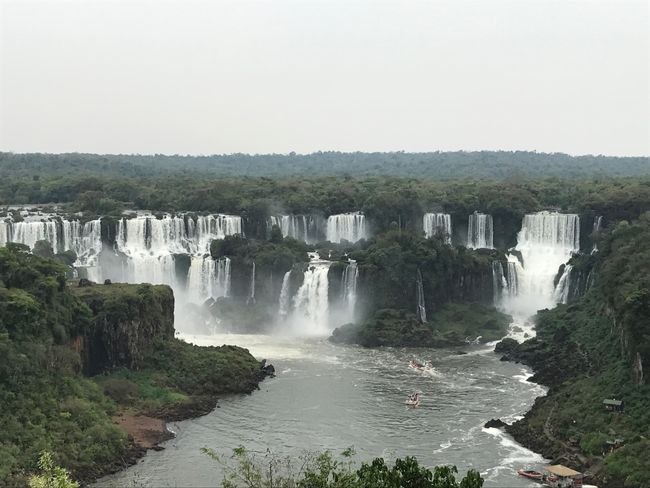
Akụkọ njem Paraguay
